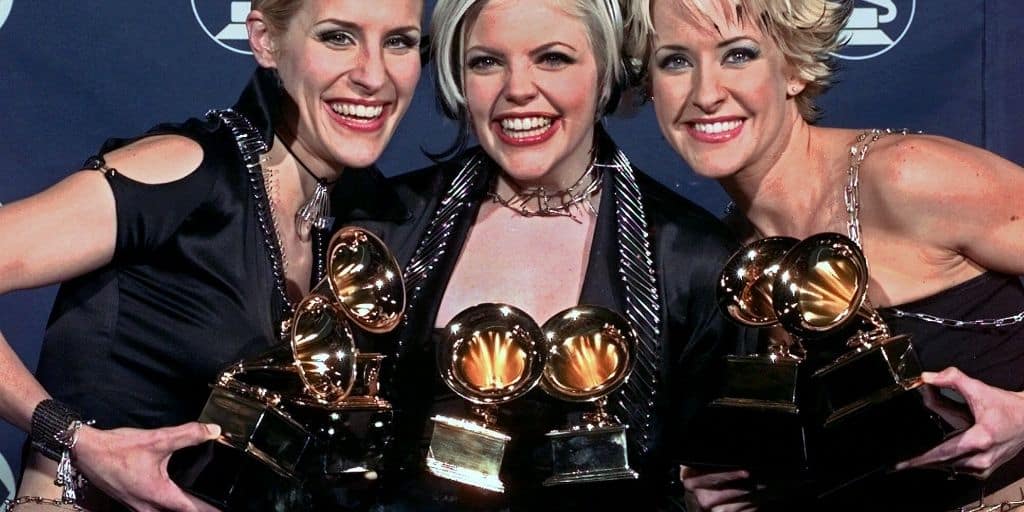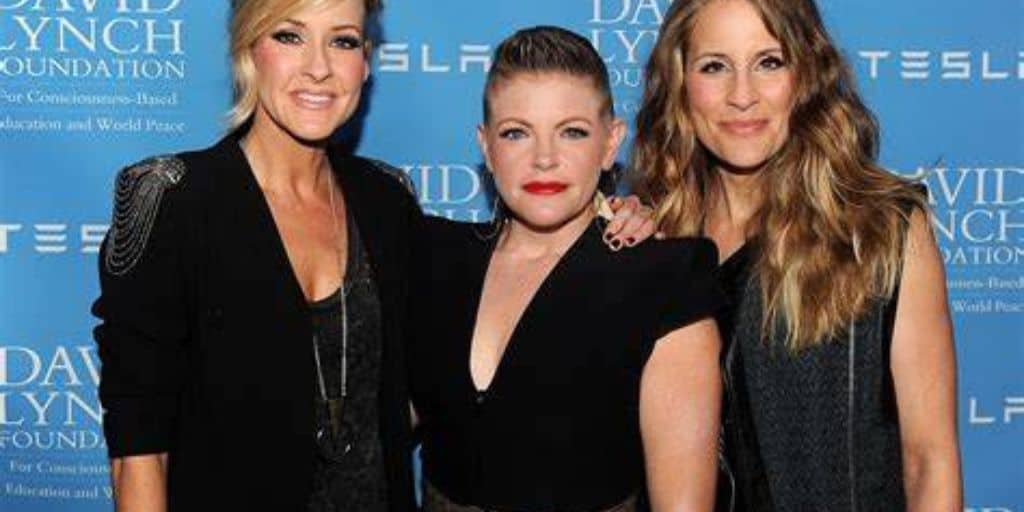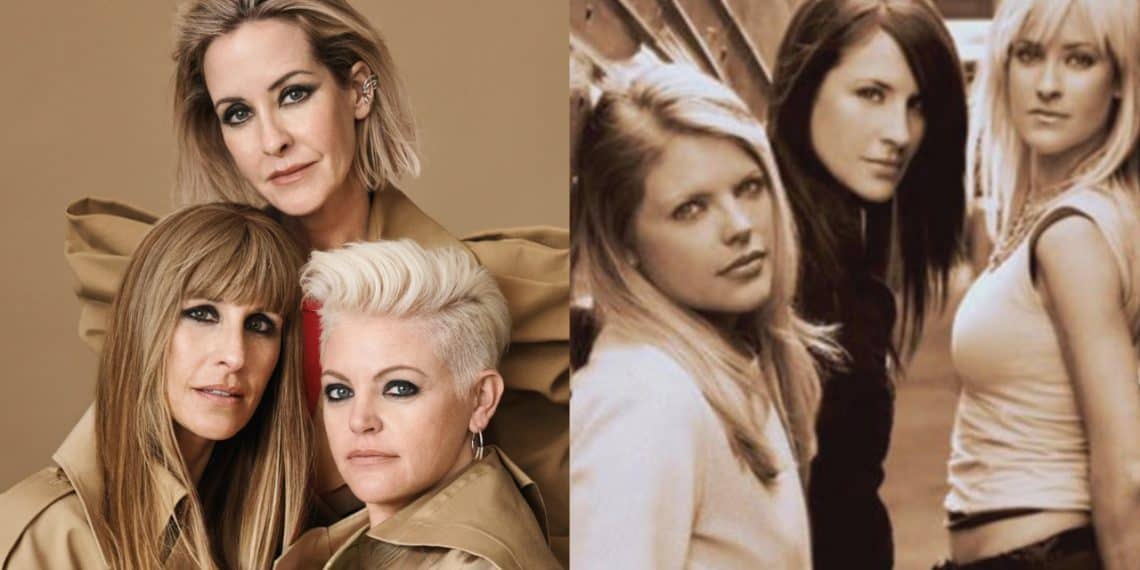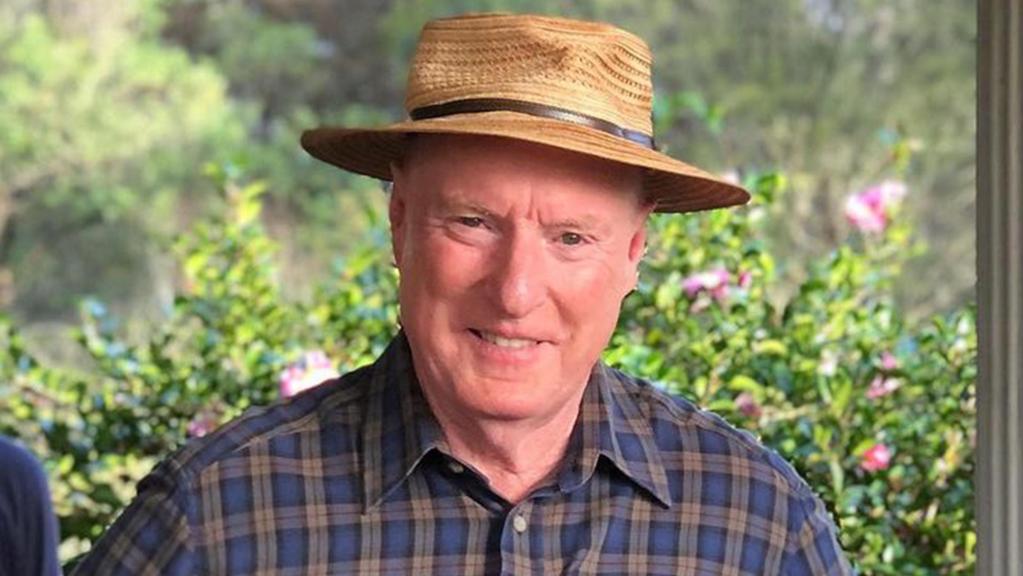The Dixie Chicks were at the top of the country music scene in late 2002, and their album “Home” had achieved multiple platinum certifications. But for the three Texans, what a difference a few months made.
Frontwoman Natalie Maines made a brief but politically charged remark on a London stage in March 2003 that completely transformed the situation. The Grammy-winning group Dixie Chicks has never been afraid to voice their opinions, and they have taken a brave new step by getting rid of the word “Dixie” from their name. They are just chicks now.
It’s a big move considering how much name recognition bands rely on, but the members thought it was important. The action was taken in response to weeks of nationwide and international anti-racism demonstrations sparked by George Floyd’s murder and other instances of racist violence.
Dixie Chicks Controversy
“Dixie” refers to the region in the South that broke away to form the Confederate States of America in 1860 and 1861. This region included Missouri, Kentucky, and the states of South Carolina, Mississippi, Florida, Alabama, Georgia, Louisiana, Texas, Virginia, Arkansas, North Carolina, and Tennessee.
Although the term’s exact history is unknown, some speculate that it originated from the name of Jeremiah Dixon, a surveyor who established the Mason-Dixon line, which divided states that permitted slavery from those that did not.

Some claim that it originated from the term “Dix,” which was used on $10 notes in Louisiana due to the French influence in the state. The French-speaking regions of Louisiana were dubbed Dixieland, and Southerners referred to the bills as “Dixies.”
The band formerly known as Lady Antebellum also declared lately that they would be renaming themselves Lady A and removing the moniker “Antebellum,” which alludes to the South prior to the Civil War.
The Chicks claim that they had no intention of making any political allusions to the Confederacy when they first selected the name in 1989. “When we chose the name, that wasn’t our narrative. We were the Dixie Chickens when we were, in essence, teenagers, and we had a lot of backlash for being chicks,” recalls Maguire.
“But it was definitely time to drop the Dixie.” However, there was one catch: the Chicks were already being used by a band from New Zealand. But soon, the New Zealanders and the American group had worked out the specifics and reached a consensus.
Lead vocalist Natalie Maines, who joined the trio in 1995, states, “We have not spoken to them. It happens with lawyers talking to lawyers and lawyers talking to managers.” “However, we were informed that they were content to coexist and share that moniker since, fortunately, they were huge fans. So maybe we’ll get to meet them when we visit New Zealand again.”
The trio caused a stir in 2003 when Maines declared during a London performance that the US invasion of Iraq was wrong and that she was “ashamed” that Texas was the home of then-President George W. Bush.
Supporters of the Iraq War boycotted the singers in large numbers as a result of the comments, and thousands of country radio stations quickly took their songs from the playlists. Also, the band members were threatened with death.
After nearly losing hope in the country music scene, the Chicks made the decision to take another route. Maguire’s girls were perplexed by the vitriol and anger aimed at the group, so she recently showed them a documentary about that era.

They didn’t understand it since we’re all teaching our kids to speak their views, have opinions, and be kind, according to Maguire. Although it didn’t, it seems like it could have happened fifty years ago. In the past, it was rather recent. However, we all believe that it was a blessing for our personal and professional lives,” she adds.
In the documentary, Maines also talks about how liberating the controversy was for her since it allowed her to put aside people’s perceptions of her and pursue her musical interests while being very clear about their values. According to Maines, “I don’t think we realized that we were perceived in a particular way just because we played country music or were on country radio.”
The band claims that with the influence of social media platforms like Facebook and Twitter, which weren’t around at the time, things would probably be very different now.





